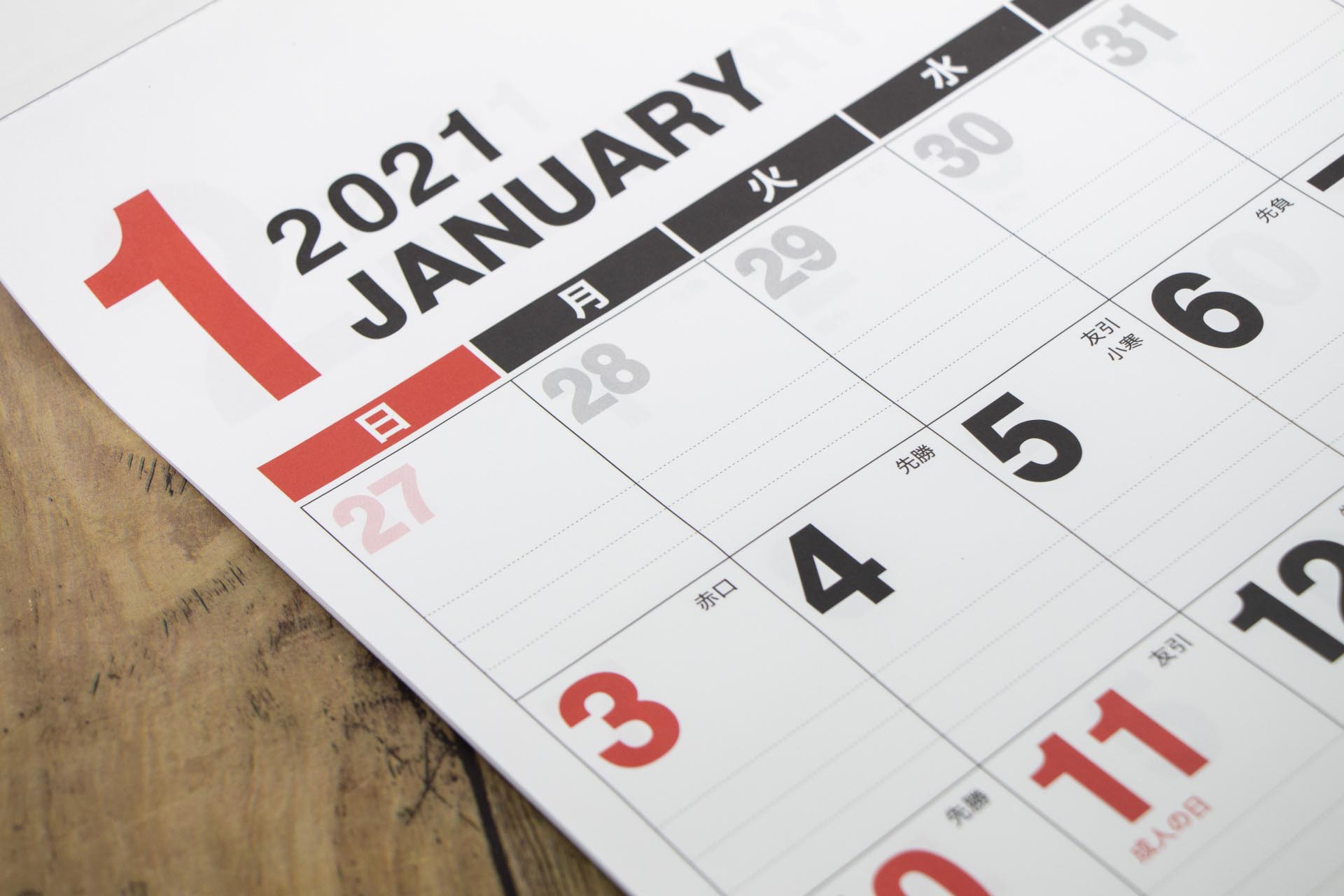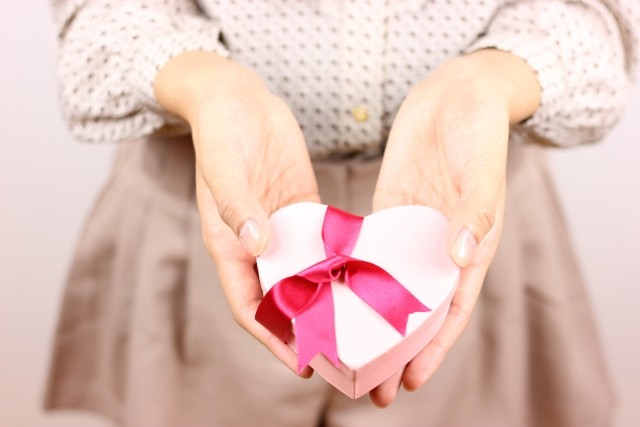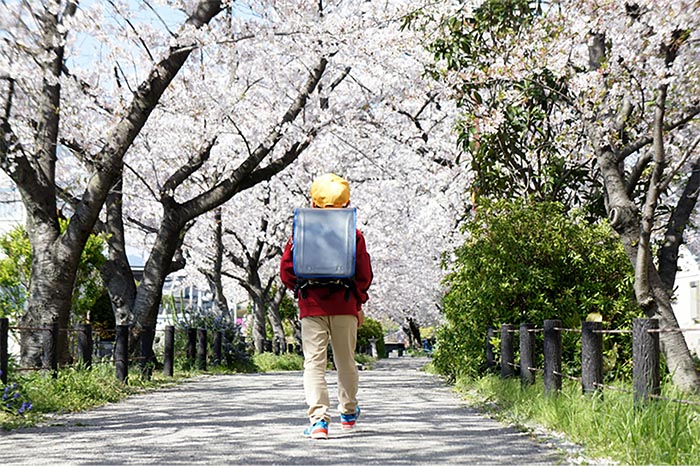Insights >
A guide on building a marketing calendar for the Japanese market (Part 1: Winter/Spring)


New: 2025 Travel Industry Trend Report | download for FREE >>


All marketers should have a marketing calendar to help plan and execute content. Moreover, every market should have its own calendar since different countries have different holidays and seasons depending on the region. For those promoting their business in the Japanese market, you should be aware of Japan’s seasonality and unique set of holidays, celebrations and events that are very specific to the market. This is important in understanding how to plan your marketing activities and allocate your budget accordingly.
Once you have read and understood the basics of how the Japanese market works, either from the PPC or Social Media point of view, it’s time to start planning your marketing activities. Let’s take a look at the calendar and breakdown of each holiday by season. In this guide, we’ll take a look at the first half of the calendar year from January to June.
Right off the bat, we start the new year with an important event in Japan – the winter sale! There are two factors that differentiate Japan from other countries when it comes to their winter sale; one being that it starts on New Year’s Day rather than Boxing Day (that is why it’s called “New Year’s first sale”), and the second being Japan’s love of buying lucky bags called fukubukuro. In recent years, you can even reserve these and many people want to check what is inside the mystery bags before purchasing. People are extra inclined to shop to spend their winter bonuses.

Valentine’s day in Japan will come as a surprise as, unlike in western countries, it is a day where women give presents to men (typically but not limited to chocolate). Homemade chocolate related items are popular fits, as well as buying special gifts from department stores and confectionary stores. Women who send gifts to men surely deserve a gift back, right? And surely there is a day dedicated to it called White Day on 14th March – exactly a month after Valentine’s day! A thank you gift for Valentine’s Day could simply be confectionary, but it could also be a special gift like jewelry.
As mentioned earlier, April (spring) is the start of a new year and new life. This makes March the end of the Japanese year and there are a few events associated with it. Graduation trips are popular amongst university graduates, and they will start planning and booking around mid February. Some people relocate to study at universities or start working in a new city; therefore, they will be searching for new places to live, removal and moving services, new furniture and home-related items. This is also the time of year when the demand increases for gifts for graduation and job transfers.
Cherry blossom season starts around mid March depending on the weather. This is one of the most popular times to travel in Japan, with many tourists visiting Japan to see the beautiful pink scenery. People in Japan gather at parks and open spaces for picnics, BBQs and parties under the cherry blossom trees (this is called Hanami). Limited edition Sakura (cherry blossom) items are very popular around this time, and many companies run promotions for sakura related events or products.

In Japan, spring is when everything begins. It’s the start of the financial year as well as the academic year. Often symbolised with cherry blossoms, there are entrance ceremonies for kindergarten, schools, universities and even companies and enterprises. Because everyone who attends the ceremonies is required to dress formally, many people seek to buy formal outfits including children’s clothing leading up to the beginning of April. This is also a great time for the food and beverage industry as special meals are prepared to celebrate the various events.
Then, there is Golden Week. The start date differs each year, but it usually starts near the end of April. Golden Week is a string of individual public holidays (namely Shōwa Day, Constitution Memorial Day, Greenery Day and Children’s Day) which are coincidentally close together. When combined with the weekend, it’s a decent stretch of days off, therefore, people treat it like a long holiday by taking annual leave on the usual work days that remain in between the national holiday dates. As a result, people typically go on a holiday somewhere domestic or international which is always a great boost for the travel industry.
From mid to late June and into July, there are a couple of important events that take place. One is a typical summer sale, which you would be very familiar with, and another one called “summer gift”, namely ochu-gen. This is an old Japanese custom to send a gift to someone who is close to you (traditionally relatives and neighbours, but it could also be friends and business associates), to express your gratitude and wish them good health in the upcoming hot season. What’s typically gifted are some consumables suitable for the season, such as drinks including alcohol, fruits and other food items.
As you can see, there are a number of holidays and events that are specific to the Japanese market. It’s crucial to factor in these events to approach the right audience at the right time to maximise your marketing efforts. At DMFA, account managers specialised in Japanese digital marketing will help you plan your marketing activities considering specific seasonal elements according to your industry. Contact us to learn more about content marketing and online advertising in Japan.